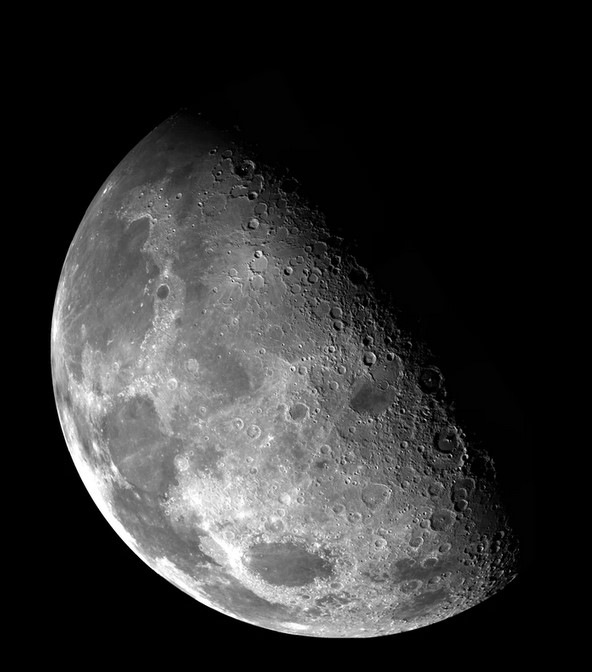As the crypto market sees some relief over the past week, the price of LUNA trends to the downside. The worst performer in the top 10 by market cap, the Terra native cryptocurrency appears at risk of further downside.
Related Reading | What’s Behind LUNA’s Rally, Could Its Price Decouple From Bitcoin?
At the time of writing, LUNA trades at $87 with a 17% loss and a 5% loss in the last week and 24-hours, respectively.
LUNA with moderate gains on the 4-hour chart. Source: LUNAUSDT Tradingview
Data from Material Indicators (MI) suggest thin support for LUNA’s price at its current levels. Around $83 there are around $700,000 in bids orders which could proved inefficient to prevent a fresh assault from the bears.
In addition, Terra presents over $3 million in ask orders which could operate as major resistance as the price attempts to reclaim previous highs. As seen below, LUNA could fail to break above the selling wall around $86 due to the high amount of ask orders.
LUNA’s price (blue line) with important resistance (asks orders in yellow above price) at current levels. Source: Material Indicators
In the price is rejected around those levels, $81 should operate as the next support levels as it records around $2 million bids.
Additional data provided by analytics platform Nansen indicates the Terra ecosystem has seen important adoption levels. Trending upwards since 2021, the daily active address on this network stands near 35,000 and saw a small decline as the price of LUNA turned bearish.
However, daily transactions have been moving sideways with a small uptick towards 160,000 during March 2022. This could suggest investors are onboarding the network, but with low bids for LUNA or Tera’s native product.
Source: Nansen
Terra (LUNA) Expands, Why Bulls Could Have The Upper hand
The above suggest more sideways action with potential for downside pressure in the short term. Over the long term, Terra continues to generate interest.
Retail investors seem to be attracted to LUNA’s burning mechanism tied to the network’s native stablecoin UST. This digital assets also enable investors to generate a 19% APY with the Anchor Protocol.
Rumors over the sustainability of Anchor’s 19% APY have surrounded social media in recent days. Most likely driven by the bet between Do Kwon, co-founder of Terra Labs, and a pseudonym crypto trader known as Gigantic Rebirth (GCR).
The winner will be determined by the price of LUNA. If the cryptocurrency manages to stay above $80 in one year, Do Kown will win.
Beyond the bet and the price of this cryptocurrency, the event has cast doubt on the ecosystem. In defense of Terra, LUNA, and UST fundamentals developer José María Macedo published an analysis on this network.
UST operates as an algorithm and decentralized stablecoin. The DeFi sector has seen its fair share of this types of assets, often ending up in failure, but the Terra native stablecoin could follow its own trajectory. Macedo said:
$UST already defied the odds by not just surviving but thriving as a pure algo stable: growing supply, keeping a tight peg and withstanding shocks such as May ’21 What Terra achieved is truly unprecedented and few understand it (…). I’m bullish not because I think there are no risks, but because I understand the tradeoffs and believe the upside more than justifies the risk. Decentralized stablecoins are a multi-trillion dollar, winner-takes-most market that $UST is best positioned to win.
Related Reading | Terra (LUNA) Surpasses Ethereum Becoming Second Most Staked Asset
Recently, the Anchor Protocol was deployed on top of the Avalanche network. The price seems to be positively reacting to this event, but bulls need to secure current levels as support by closing a daily candle about $86 or above.







